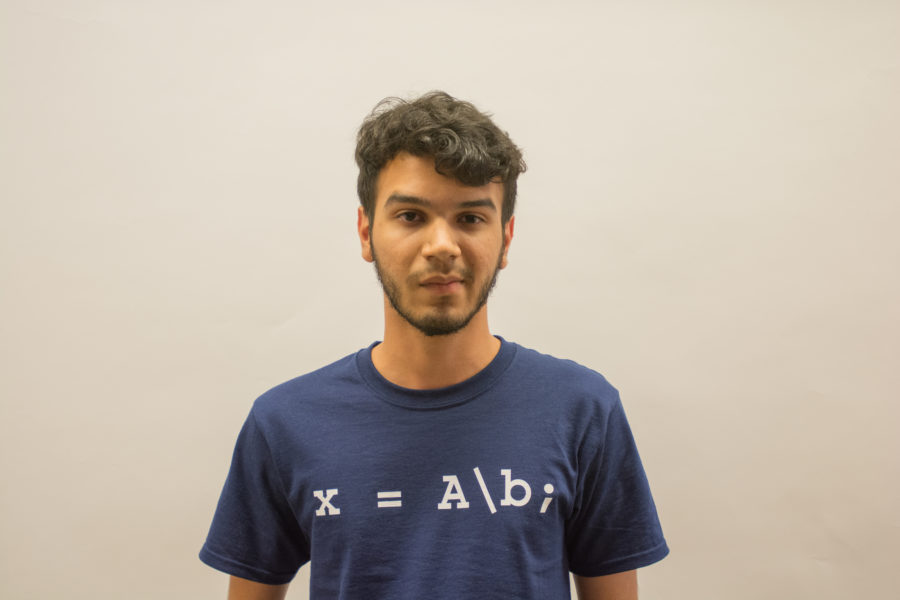Fulfilling the new American Dream
Sep 22, 2015
Back when I lived in Brazil, the American dream was just a shady concept from history classes that I never had much time to think about. The old tale about ideas of freedom and meritocracy sounded great, but so unlikely to work in my personal reality that wondering about it seemed to be a waste of time.
Nonetheless, we had our own “Brazilian Dream”: Finding a well-paying, public job that could guarantee good money and status without much effort. Stability is what most Brazilian families desire for their children’s future. So it’s no surprise that back then, when I started to talk to some of my teachers, friends and relatives about entrepreneurship and creating my own business, the only feedback I received was a silent and worried look.
I can’t blame them; with a surreal taxation policy that just grows and a economy that just sinks, in Brazil more than 48 percent of new companies close within three years and making your own business is indeed a fate to worry about. Things just work differently for us in Brazil, and as in many other countries, the American ideals of opportunity and prosperity seem great, but unlikely to happen due to our economic and political circumstances.
From country to country, our hopes are shaped by our cultural reality and our place in our surrounding society, sometimes even before we’re born: Our skin color, religion or ethnic group can signify a lifetime bonanza or suffering that we, as youth, should be capable of dealing with. I was born into a privileged family for Brazilian standards, but that’s contrasted by the fact that I am from the Northeastern region — an area that holds an ethnic stigma of inferiority that I had to carry with myself, especially when I studied in the country’s “rich and developed” Southeastern region.
It’s not surprising why, for many international students, the first year living in the United States can be so strange in the best way possible. It provides unique experiences that should be enjoyed every day with opportunities to be more and more independent; you can be anybody you want to be. Further, in America, someone’s standing or place in their home country does not matter. Here, I’m just a Brazilian, equal to any other Brazilian who might also be at the University; former oppressions don’t translate.
Get The Daily Illini in your inbox!
It can be hard to realize, but us students at Illinois surely are some of the most free and fortunate in the world, and especially for our international community, that’s a big deal: Here there’s always ears for new ideas and distance from the determinism that many had back home. We can fight for what we consider right and live with independence, keep or question aspects from our culture at our will. This new freedom is so good that many international students who had different privileges back home don’t mind living without them. I, for example, got used to living without maids doing all my laundry and cleaning (a common practice in Brazil), and I’m actually enjoying it. The trade-off of doing your own things and taking responsibility for your actions is absolutely worth it.
Here there’s no space for old prejudices. In our own Illini version of the American Dream, the differences fall to the wayside when you see friendship between people from rival countries and the coexistence that creates an diverse and cooperative community, united under the same principles: The principles of the American Dream.
This is a lesson that us international students and even Americans should learn with their experience in this university. Surpass fears made by our prejudices, see an opportunity to learn in every nation and culture, and see freedom as something that should be spread to everyone. In this point, I believe that we from the international community have the special duty to make the American Dream, and International Dream, something tangible; something possible in a way that people will not have to travel to this country anymore to get it.
Welcome to the American Dream: What you will do with it?
Julio is a freshman in Engineering.
[email protected]






